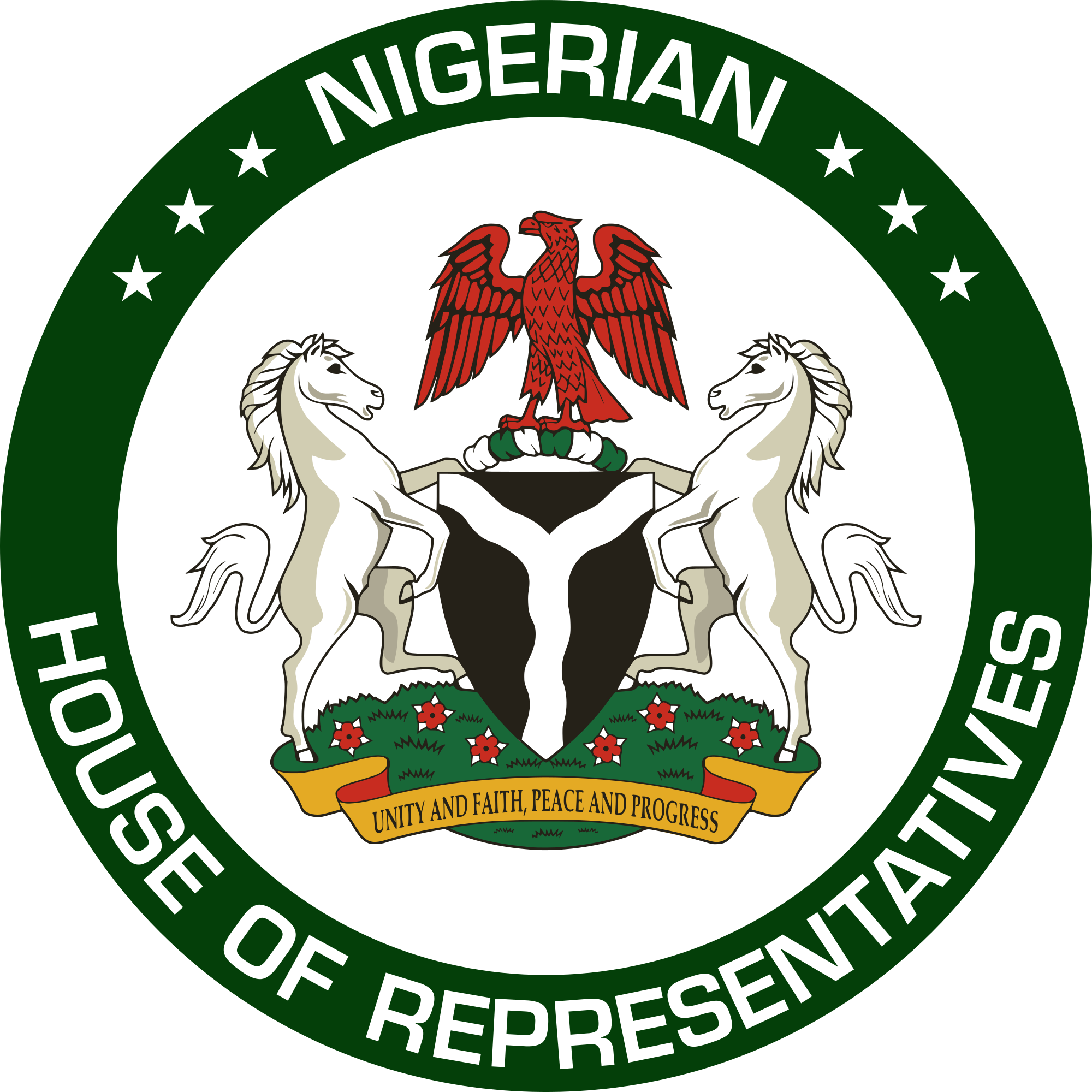Reps to probe $7bn annual economic loss in Nigeria ports
The House of Representatives has mandated its committees on Port and Harbours, National Planning and Economic Development, Maritime Safety Education and Administration and Nigerian Shippers’ Council to investigate the gaps affecting the full realisation of the economic advantage of Ports and Harbours and other Blue Economy in Nigeria. This followed the adoption of a motion […]

The House of Representatives has mandated its committees on Port and Harbours, National Planning and Economic Development, Maritime Safety Education and Administration and Nigerian Shippers’ Council to investigate the gaps affecting the full realisation of the economic advantage of Ports and Harbours and other Blue Economy in Nigeria.
This followed the adoption of a motion jointly sponsored by Julius Ihonvbere and Ibrahim Isiaka at the plenary on Tuesday.
Presenting the motion, Rep. Ihonvbere said the maritime sector is crucial for the Nigerian economy’s survival which can increase the nation’s revenue and indeed the National Gross Domestic Product (GDP).
He however lamented that Nigerian ports are grossly underutilised leading to huge economic losses to the country.
Peace, harmony have returned to Character Commission – Dankaka
CDS, Gen. Agwai, others grace Brig. Gen. MD Yusuf at son’s wedding
He said, “Nigeria’s seaports receive barely 10% of West African imports out of 60 per cent destined for Nigeria, a significant economic loss due to poor management and inefficiencies, estimated to cost $7 billion annually.
“Most ships bringing goods to Nigeria prefer to go to other ports than Nigerian ports. Indeed, the Benin Republic benefits from Nigeria’s large market, while Cotonou remains a popular importer’s haven.
“Huge trade cargoes are lost to Togo and other neighbouring countries from where they are offloaded and trans-shipped to Nigeria due to poor shipping connectivity and shallow drafts of the port channels which lead to trade cargo losses, estimated to be N250 billion in 2016 alone.”
The lawmakers lamented why Nigeria is unable to provide adequate infrastructure and reduce pressure on Lagos ports and why the Calabar, Port Harcourt, Warri, and Koko ports cannot be developed as a haven for importers in the region.
